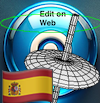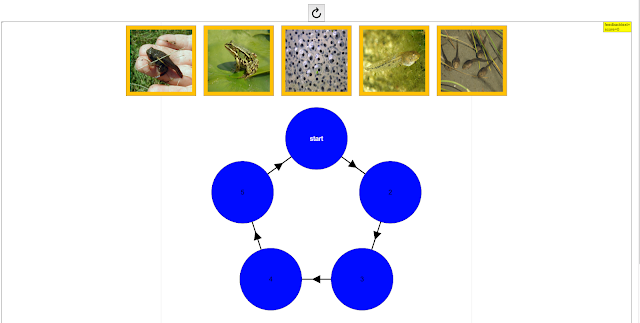https://iwant2study.org/moodle402/mod/laejss/view.php?id=38
Translations
| Code | Language | Translator | Run | |
|---|---|---|---|---|
 |
||||
Software Requirements
| Android | iOS | Windows | MacOS | |
| with best with | Chrome | Chrome | Chrome | Chrome |
| support full-screen? | Yes. Chrome/Opera No. Firefox/ Samsung Internet | Not yet | Yes | Yes |
| cannot work on | some mobile browser that don't understand JavaScript such as..... | cannot work on Internet Explorer 9 and below |
Credits


 lookang; Felix J. Garcia Clemente; Francisco Esquembre
lookang; Felix J. Garcia Clemente; Francisco Esquembre
https://iwant2study.org/moodle402/mod/laejss/view.php?id=38
Sample Learning Goals
Cycles There are repeated patterns of change in nature. Examples of these cycles are the life cycles of living things and the water cycle. Understanding these cycles helps Man to predict events and processes and to appreciate the Earth as a self-sustaining system. The essential takeaways and key inquiry questions for “Cycles” are: Essential Takeaways Key Inquiry Questions There are repeated patterns of change around us. Observing cycles helps us to make predictions and understand things around us. What makes a cycle? Why are cycles important to life?
Primary 4 Science
Cycles
Cycles in plants and animals (Lifecycles)
The freed up curriculum time is to enable teachers to use more engaging teaching and learning approaches, and/or to implement customised schoolbased programmes as long as the aims of the syllabus are met. This enables teachers to make learning more meaningful and enjoyable for their students.
About Cycles: There are repeated patterns of change in nature. Examples of these cycles are the life cycles of living things and the water cycle. Understanding these cycles helps Man to predict events and processes and to appreciate the Earth as a self-sustaining system.
*Observe and compare the life cycles of animals over a period of time (butterfly, beetle, mosquito, grasshopper, cockroach, chicken, frog).
*Show curiosity in exploring the surrounding plants and animals and question what they find. *Show concern by being responsible towards plants and animals such as their own pets. *Value individual effort and team work.
For Teachers
Life Cycle of Frog Drag and Drop Quiz HTML5
|
https://iwant2study.org/ospsgx/index.php/interactive-resources/biology/846-lifecycleanimals |
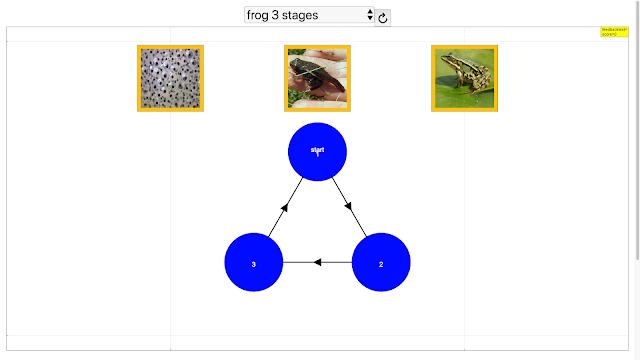 |
| The life cycle of the Frog Egg, Young and Adult https://iwant2study.org/ospsgx/index.php/interactive-resources/biology/846-lifecycleanimals |
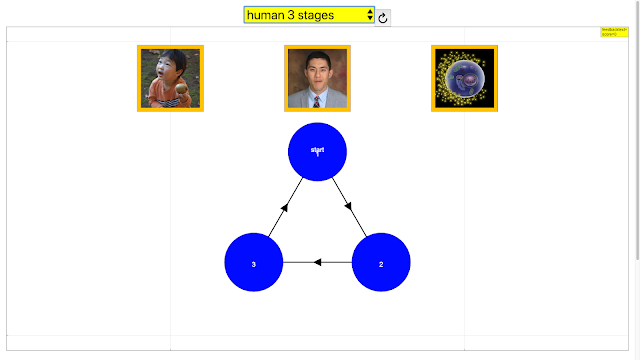 |
| The life cycle of the Human Egg, Young and Adult https://iwant2study.org/ospsgx/index.php/interactive-resources/biology/846-lifecycleanimals |
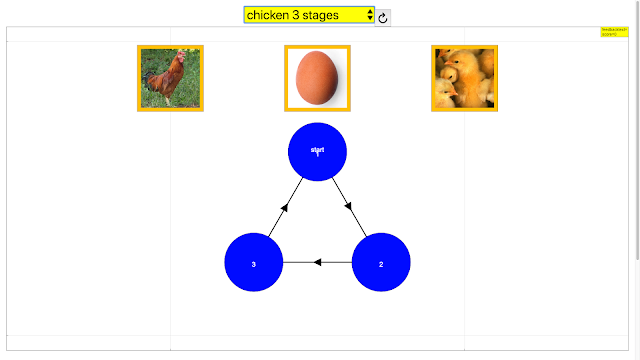 |
| The life cycle of the chicken Egg, Young and Adult https://iwant2study.org/ospsgx/index.php/interactive-resources/biology/846-lifecycleanimals |
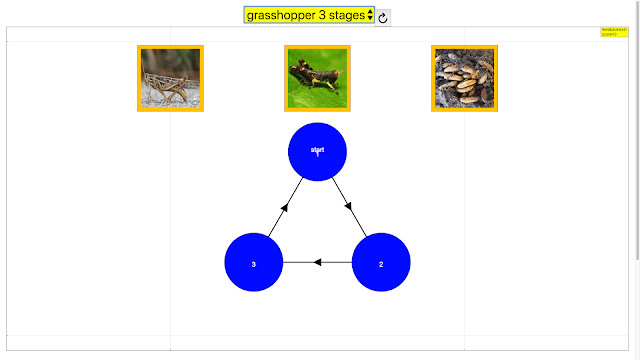 |
| The life cycle of the Grasshopper Egg, Nymph and Adult https://iwant2study.org/ospsgx/index.php/interactive-resources/biology/846-lifecycleanimals |
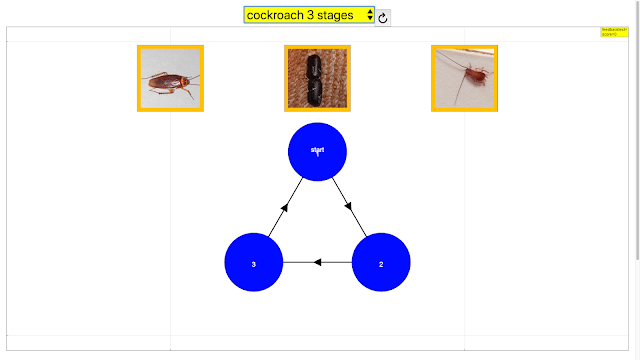 |
| The life cycle of the Cockroach Egg, Nymph and Adult https://iwant2study.org/ospsgx/index.php/interactive-resources/biology/846-lifecycleanimals |
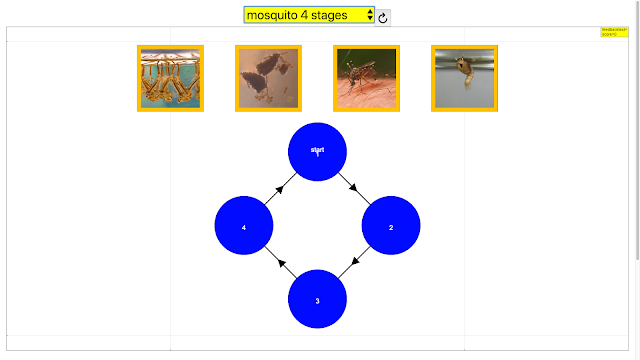 |
| The life cycle of the mosquito Egg, Nymph and Adult https://iwant2study.org/ospsgx/index.php/interactive-resources/biology/846-lifecycleanimals |
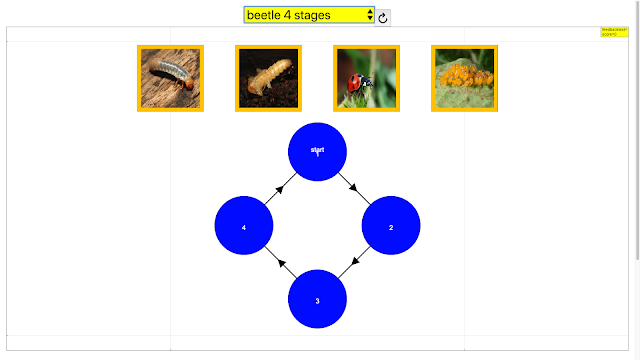 |
| The life cycle of the beetle Egg, Larva, Pupa and Adult https://iwant2study.org/ospsgx/index.php/interactive-resources/biology/846-lifecycleanimals |
 |
| The life cycle of the butterfly Egg, Larva, Pupa and Adult https://iwant2study.org/ospsgx/index.php/interactive-resources/biology/846-lifecycleanimals |
Research
[text]
Video
https://www.youtube.com/watch?v=p0RnVLP25vo
Version:
Other Resources
[text]
end faq
{accordionfaq faqid=accordion4 faqclass="lightnessfaq defaulticon headerbackground headerborder contentbackground contentborder round5"}
- Details
- Written by Loo Kang Wee
- Parent Category: Interactive Resources
- Category: Biology
- Hits: 3300


.png
)




